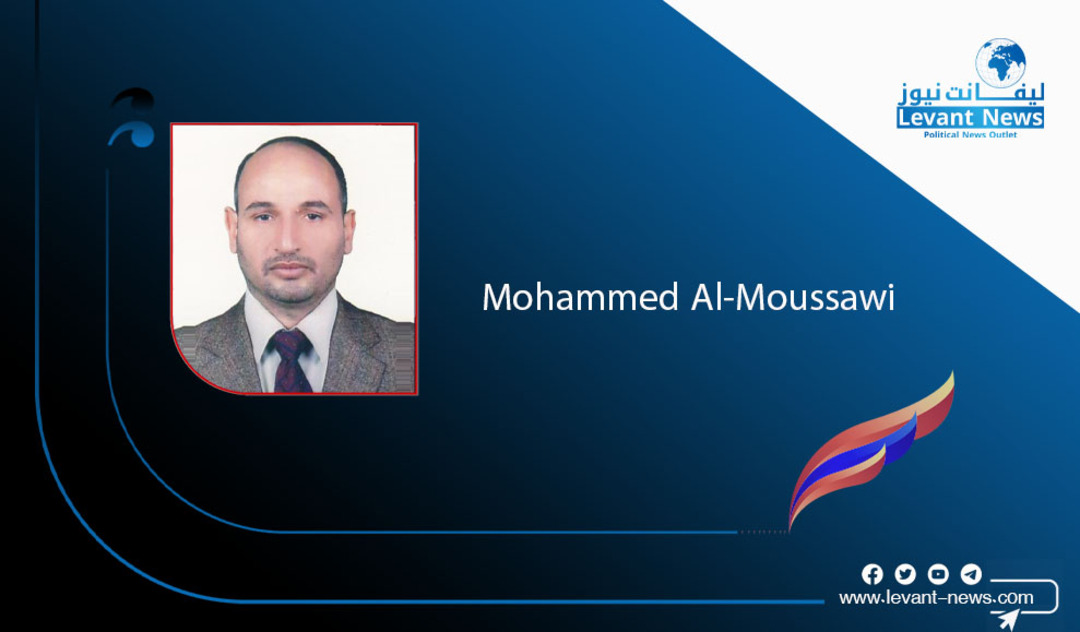-
September 6th: A Decisive Day in Iran Between Tyrants and Dissidents

The struggle between oppressors and the oppressed is an inevitable march that will only end with the fall of tyrants and the victory of the oppressed — nothing else, as happened in Iran with the fall and dramatic collapse of the Shah’s dictatorship by the hands of the people during the February 1979 national revolution. This same fate is expected to befall the Mullahs’ dictatorship too, possibly soon, should the West abandon its continuous support for Iran's mullahs and their regional plans.
Every year on September 6th, Iranian national resistance fighters commemorate the anniversary of the establishment of the Iranian People's Mujahedin Organization inside Iran by resistance units affiliated with the organization, supporters, the families of martyrs, and prisoners. An annual commemorative event takes place in Ashraf 3 in Albania, just as it did in Ashraf 1 and Ashraf 2 in Iraq. Supporters of the organization also observe the anniversary in their own ways abroad, as will happen again on September 6, 2025.
Next September 6th, the oppressed will mark the anniversary of their awakening, celebrating the founding of their revolutionary organization that saw the death of the Shah and the fall of his regime, which they could not destroy. Over four and a half decades have passed since they confronted the regime of the Mullahs and their tyranny. Today, the Mullahs and their entourages inside and outside Iran are collapsing in decline, despite the secret support they receive from Western appeasement and conciliatory currents. These currents have long been suffocating the Iranian resistance and its core organization, the Mujahedin Khalq, reaching the point where they now believe the regime has no legitimacy, is doomed to disappear, and that a replacement — perhaps the son of the Shah — should be presented as an alternative to the Mullahs, even though everyone, including the world, knows there is a single legitimate democratic alternative representing the national legitimacy and the majority of the Iranian people.
This is not surprising, as this is the approach of Western appeasement currents that historically imposed Shahism on Iran through colonial powers controlling the region, enabling it to persist for decades, destroying Iran and the region. They subsequently brought back the Mullah regime to be the most suitable successor to the Shah and continue to fear the nationalist forces and political change inside Iran. There is a stark difference between a democracy built by the people's own national efforts and one imposed by the West through proxies under various names, as seen in Iraq, for example.
The regime of the Mullahs and the 45-year battle — nearing its final chapter
Two political marches: the first, a revolutionary struggle by fighters who stood against the executioner and were killed, tortured, and threatened with extinction — as was the case with Iran's national forces, led by Mujahedin Khalq. The second march involved a group that, at one point, called the executioner the “Lord of Blessings,” but when the West replaced the first oppressor, they cloaked themselves in religion, becoming even more violent, deceitful, and unjust — these are Iran’s Mullahs and their soldiers.
The Iranian people have not been the only victims of the ruling Guardian Council regime; all the peoples and countries of the region have suffered as well. No one is unaware of what happened in Iraq, Syria, Lebanon, Palestine, and Yemen at the hands of the Mullahs and their tools. The Mullah regime bears responsibility for the chaos in Palestine and Iraq, destruction and strife in Yemen and Syria, and genocide, displacement, and starvation in Gaza. Despite the last 12 days of war, the regime of the Mullahs has not fired a single bullet in Gaza’s defense nor moved a finger to support the so-called volunteer theatrical show for devastated Gaza, which provided the pretexts for tyrants and heretics like them to destroy and erase it from existence.
Today, inside the regime’s pillars, the calls for aid and rescue grow louder, fearing the trigger mechanism against them. The regime leaders openly admit to a total collapse at all levels of the state. Due to its illegitimacy, the regime cannot even mobilize supporters on marches to endorse it. Meanwhile, supporters of Mujahedin Khalq inside and outside Iran celebrate the 60th anniversary of their organization’s founding, with tens of thousands taking to the streets to honor this occasion and raise the demands of the Iranian people before the international community. Will the international community ever believe in its slogans and claims? Or will it remain passive until it is surprised by the reality-imposing policies of the Iranian people on the global political stage?
Dr. Mohammed Al-Mousawi / Iraqi writer
You May Also Like
Popular Posts
Caricature
opinion
Report
ads
Newsletter
Subscribe to our mailing list to get the new updates!





















